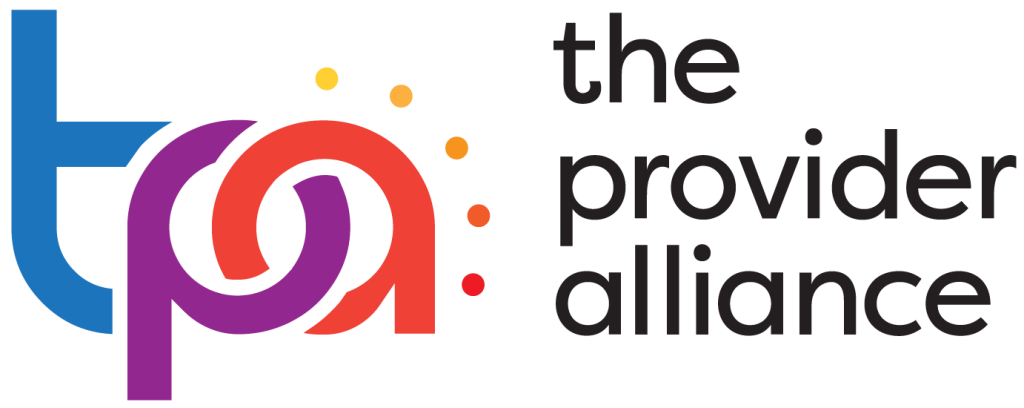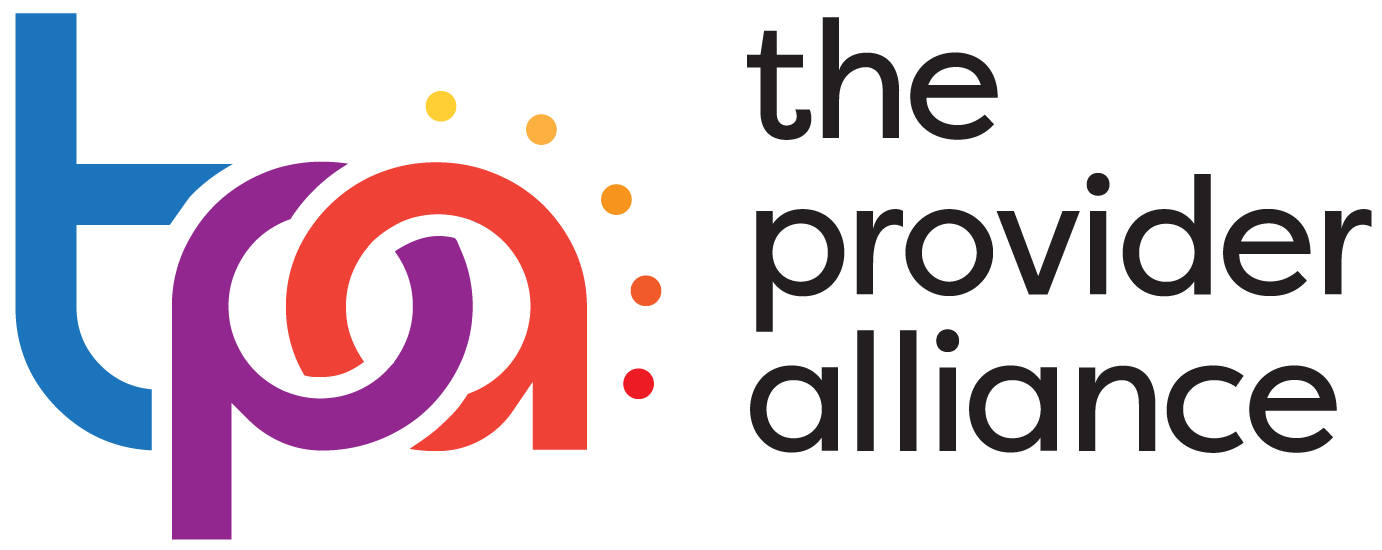
The Centers for Medicare and Medicaid Services (CMS), in collaboration with the Departments of Treasury and Labor, have unveiled a notice of proposed rulemaking (NPRM) on July 7, regarding short-term limited-duration insurance (STLDI) and fixed indemnity insurance. These proposed changes aim to modify the definition of STLDI and establish new conditions for fixed indemnity insurance to be considered an excepted benefit. The NPRM also seeks comments on specified disease excepted benefits coverage and level-funded plan arrangements. Additionally, the Department of the Treasury and the Internal Revenue Service (IRS) proposed clarifications on the tax treatment of certain benefit payments received under employer-provided accident and health plans.
STLDI, a type of health insurance, serves as temporary coverage to bridge gaps during transitions from one coverage source to another. It is exempt from the definition of individual health insurance coverage under the Public Health Service Act, which means it is not subject to certain federal consumer protections and requirements for comprehensive coverage under the Affordable Care Act (ACA). This exemption includes provisions such as the prohibition of discrimination based on health status, preexisting condition exclusions, and lifetime and annual dollar limits on essential health benefits. Consequently, individuals who enroll in STLDI do not receive these key consumer protections.
Fixed indemnity insurance, on the other hand, provides fixed cash payments upon the occurrence of a health-related event. Under existing regulations, payments under fixed indemnity insurance in the group market are typically made as a fixed dollar amount per day or per hospitalization/illness period. In the individual market, payments can be made per period of hospitalization/illness or per service. Fixed indemnity coverage is not a substitute for comprehensive coverage and has traditionally been used as a form of income replacement. When certain criteria are met, fixed indemnity insurance qualifies as an excepted benefit, exempt from most federal requirements and consumer protections that apply to health insurance coverage.
The proposed rulemaking includes several key changes aimed at improving the health care landscape and promoting consumer access to affordable and comprehensive coverage while ensuring clear distinctions between STLDI, fixed indemnity coverage, and comprehensive plans. These changes align with the goals of the ACA. Let’s delve into some of the notable proposals. For more information, check out CMS’s factsheet:
Short-Term, Limited-Duration Insurance:
- The NPRM suggests limiting the initial contract period of STLDI to a maximum of three months, and the maximum coverage period (including renewals and extensions) to a maximum of four months.
- The proposed rule also aims to prevent “stacking” by prohibiting the same issuer from issuing multiple STLDI policies to the same policyholder within a 12-month period. Stacking refers to the practice of issuing consecutive STLDI contracts that collectively exceed the four-month duration limit.
- The NPRM emphasizes that STLDI sold to individuals through a group trust or association, without being connected to a group health plan, and is not considered group coverage under federal law.
- Additionally, the Departments are interested in exploring strategies to help consumers differentiate between STLDI and comprehensive coverage. They seek comments on mitigating direct competition between the two and protecting consumers from misleading marketing and sales practices.
Fixed Indemnity Excepted Benefits Coverage:
- To ensure clearer distinctions between comprehensive coverage and fixed indemnity excepted benefits coverage, the NPRM proposes prohibiting fixed indemnity coverage in the individual market from paying benefits on a per-service basis.
- The Departments propose additional payment standards for fixed indemnity excepted benefits coverage in both the individual and group markets. To qualify as an excepted benefit, fixed indemnity insurance would need to pay benefits without regard to specific services or expenses incurred.
- The proposal clarifies that fixed indemnity excepted benefits coverage must be offered as independent, non-coordinated coverage. It addresses instances where fixed indemnity insurance is offered as an alternative to comprehensive employer-sponsored health coverage.
Consumer Notices:
- The NPRM suggests amendments to ensure that consumers receive clear and consumer-friendly information about the differences between STLDI, fixed indemnity excepted benefits coverage, and comprehensive coverage. The proposals include revised notice language, directing consumers to HealthCare.gov for comprehensive coverage information, requiring notices with marketing materials, and expanding notice requirements to fixed indemnity excepted benefits coverage in the group market.
The NPRM also seeks comments on specified disease excepted benefits coverage and level-funded plans. Specified disease coverage, such as cancer-only policies, falls under excepted benefits if offered independently and non-coordinated with other coverage. The Departments are interested in gathering information on how this coverage is marketed and used by consumers. Level-funded plans, which resemble self-funded plans but mimic features of fully-insured plans, have gained popularity among small employers. The Departments are soliciting comments on the prevalence, designs, and potential need for additional guidance or rulemaking regarding level-funded plans.
Lastly, the Department of the Treasury and the IRS propose amendments to clarify the tax treatment of certain benefit payments received under employer-provided fixed indemnity health insurance plans. The proposal ensures that such payments are not excluded from a taxpayer’s gross income if they are not linked to the actual amount of medical expenses incurred. The proposal also emphasizes the need for taxpayers to meet substantiation requirements for qualified medical expense reimbursements from employer-provided accident and health plans to be excluded from their gross income.
To learn more about the NPRM and its proposed rule, including the applicability dates, comment period, and further details, please visit the Federal Register.

